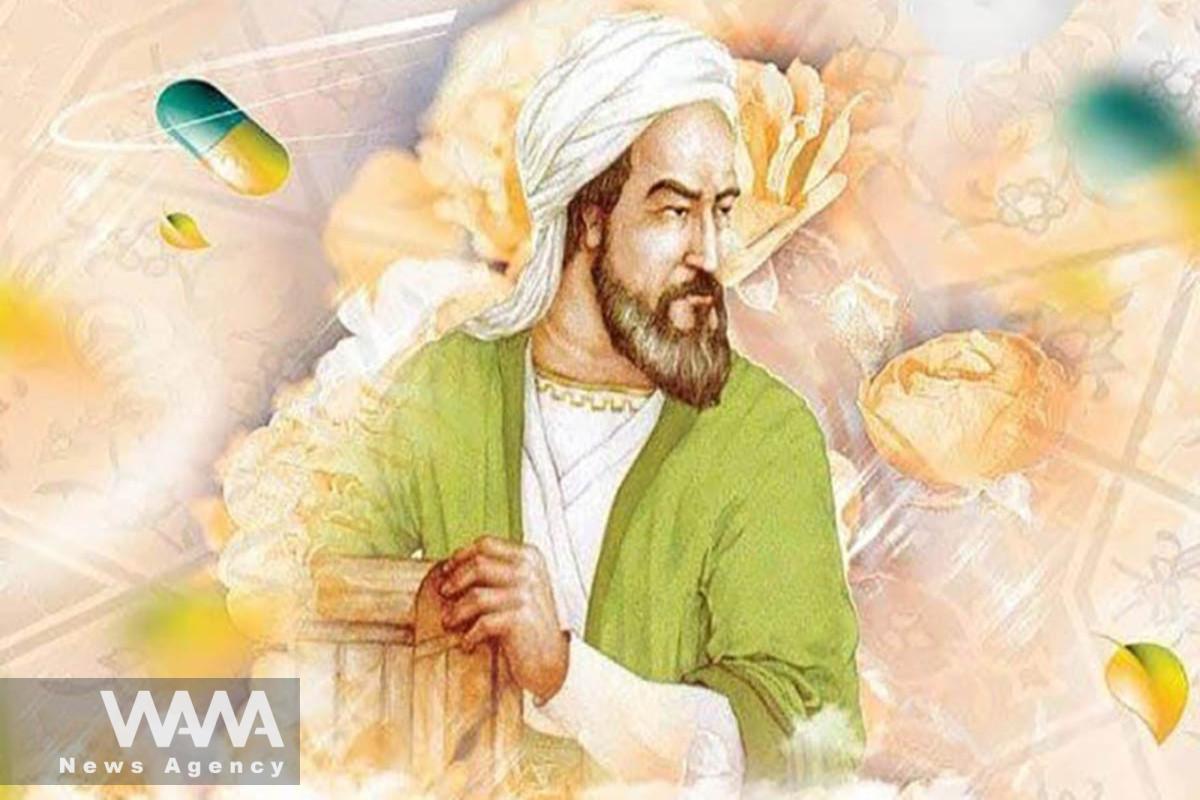Iran: The Land of Pharmaceutical Innovation – From Ancient Tales to Astonishing Modern Advances
WANA (Aug 26) – Iran has long been a cradle of scientific and pharmaceutical development, a land where the rich history of medicine has seen significant strides in every era.
With its distinguished scholars and rich heritage, Iran continues to stand at the forefront of progress, earning global recognition for its remarkable achievements in the field of pharmaceuticals.
Zakariya al-Razi: The Genius Who Redefined Science
In the heart of Iran, Rey’s ancient city, a unique genius was born: Zakariya al-Razi. Initially captivated by music and alchemy, a life-threatening experience that endangered his vision led him to shift his focus to medicine, where he reached unprecedented heights of success.
Al-Razi, who authored over 180 books and led major hospitals in Baghdad and Rey, laid the foundation for many modern medicine and chemistry principles.
His discoveries, including alcohol, hydrochloric acid, arsenic, and the differentiation between smallpox and measles, are just a glimpse of his lasting contributions. He redefined medicine with a scientific and experimental approach, profoundly impacting the world of science.
Pharmacy in Iran: From the Secrets of Avesta to the Modern Era
The ancient Iranians were among the first to understand and apply medicine scientifically. The roots of this knowledge are embedded in ancient texts like the Avesta, where its therapeutic sections hold ancient secrets.
Although some of this knowledge was lost during the burning of Persepolis, another portion went to ancient Greece and was employed by the great scholar Galen, who used various materials to create medicines considered the foundations of modern pharmacy.
As time passed and Iran entered new periods, this ancient knowledge was revived. The establishment of Dar ul-Funun by Amir Kabir in 1850 marked a new beginning for medical and pharmaceutical sciences in Iran.
The pharmacy school, founded in 1922, quickly evolved into a specialized faculty, and with the opening of the first modern pharmacy in 1948, Iranian pharmacy entered the modern era. Notable figures such as Schurmann, a German pharmacist, and Dr. Houshang Nezami played crucial roles in these developments.

Zakariya al-Razi, Persian physician, philosopher and alchemist who lived during the Islamic Golden Age/Social media/WANA News Agency
The Modern Era of Pharmacy in Iran: From Revolution to Independence
Following the Islamic Revolution, Iran advanced rapidly toward pharmaceutical independence. In 1978, only 15% of the country’s drug needs were met domestically. However, the situation drastically changed with the nationalization of multinational companies and the establishment of new factories.
Today, Iran produces 97% of its pharmaceutical needs domestically and has become one of the top ten countries globally in recombinant drugs and biotechnology. These developments have solidified Iran’s pharmaceutical independence and elevated its status in the global pharmaceutical industry.
The Thirteenth Government: A New Transformation in the Pharmaceutical Industry
During Ebrahim Raisi’s presidency, Iran’s pharmaceutical industry advanced to a new level. The establishment of 17 new pharmaceutical production lines, the introduction of innovative drugs, and the implementation of the Daroyar project are just some of the achievements of this period.
Additionally, producing advanced medical equipment and free healthcare services to various segments of society demonstrates the government’s strong commitment to improving public health.
These achievements result from the continuous efforts of Iranian scientists and specialists, supported by the government, paving the way for a brighter future for Iran’s pharmaceutical industry. Today, Iran is advancing toward pharmaceutical self-sufficiency and promises the world a more hopeful future through its innovations.












